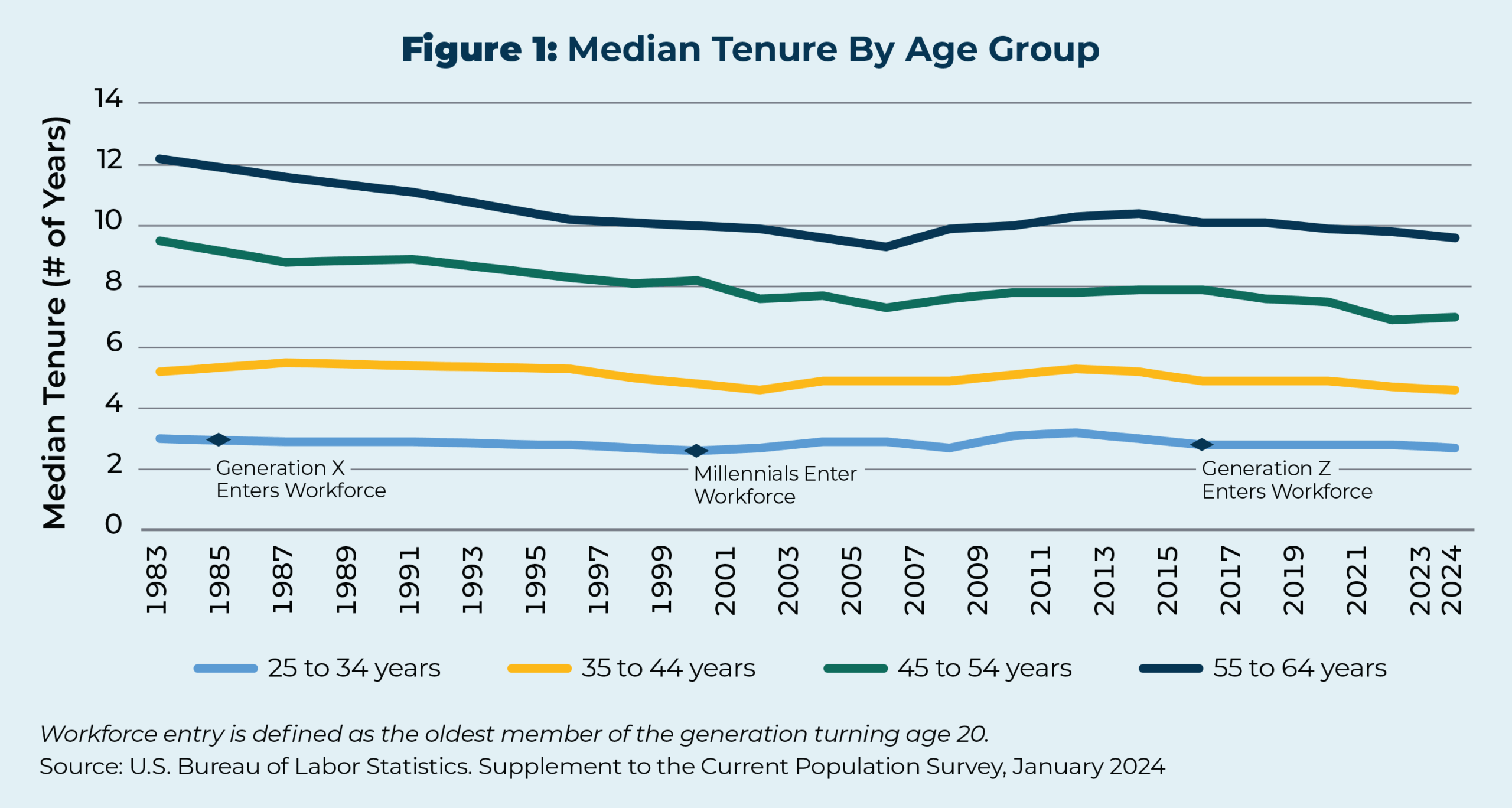
What Do Americans Think About Pensions For Public Employees?
A research infographic from the National Institute on Retirement Security (NIRS) finds strong support among Americans for retirement benefits provided to state and local government employees. “What Do Americans Think About Pensions For Public Employees? finds 86 percent of Americans say all workers, not just those employed by state and local governments, should have a […]





